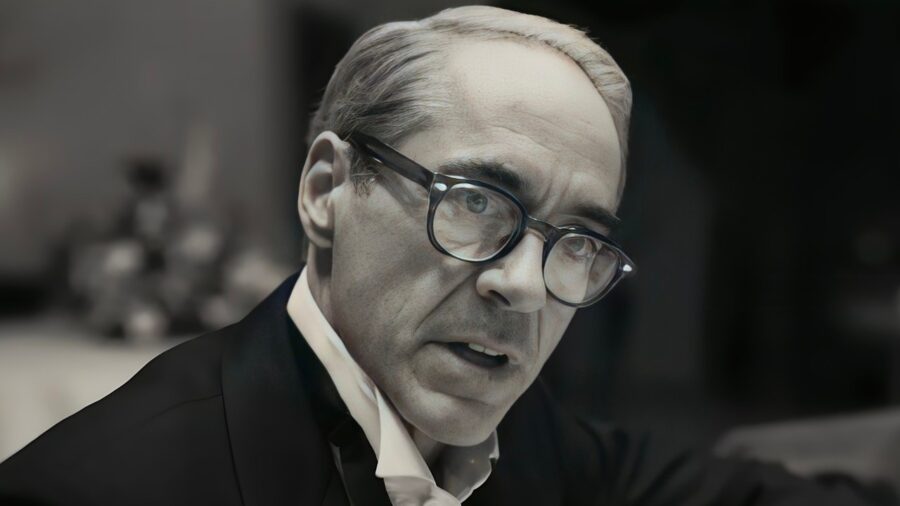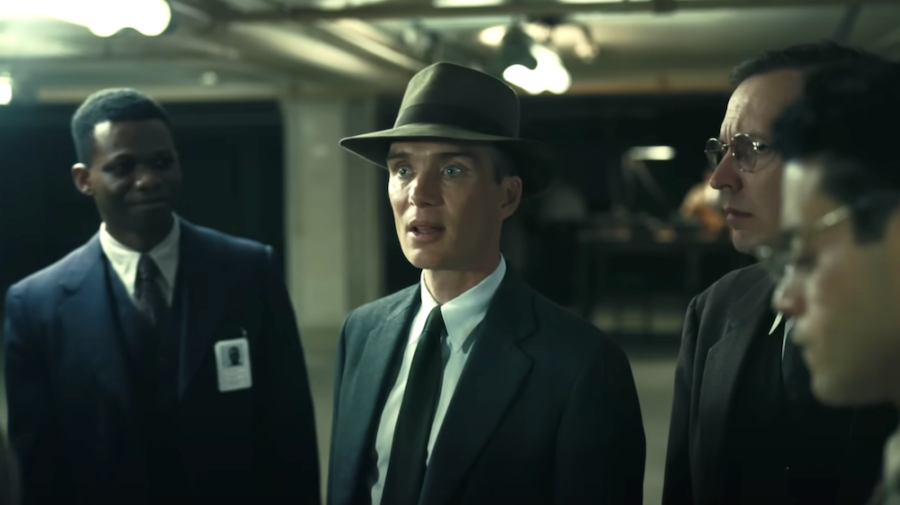Christopher Nolan’s Greatest Epic Has One Fatal Weakness

This weekend I finally got to catch Christopher Nolan’s intense epic Oppenheimer on Amazon Prime Video. Because of my stellar opinion of most of the director’s other work, I was surprised to be left with the sense that the historical thriller is almost a film worthy of all its accolades, but not quite. Oppenheimer‘s biggest flaw is the portrayal of Lewis Strauss’s failure to secure the cabinet position of Secretary of State, which adds nothing to the rest of the film but time.
Oppenheimer

The story of J. Robert Oppenheimer is not only compelling, but desperately important. Cillian Murphy plays a theoretical physicist who changed the course of history. Regardless of how you feel about the atomic bombing of Hiroshima and Nagasaki, or of the proliferation of atomic weapons after World War II, his story is an important one to know.
What’s most compelling about the story of Oppenheimer is that he was a man handed the opportunity to pursue his dearest dream—to take the invisible world he was enamored with and make it a real, tangible thing—and, once he achieved that dream, spent the rest of his life wrestling with the implication of what he had done.
In Oppenheimer, once Trinity becomes a success, we see the eponymous physicist trapped in a literal living nightmare—trying to speak to his colleagues at the Manhattan Project, to raise their spirits, and even to ease their consciences, just as he has visions of them all falling victim to the same weapon they’ve brought into the world.
Oppenheimer did precisely what we are all told is exactly what we’re supposed to do—he found what he did best, he became the best at it, and then he not only used his knowledge and talent for his own success, but to change the world. Then he spent of his life regretting everything he had done. This is a compelling story.
And the fall of Lewis Strauss has nothing to add to it.
Lewis Strauss Is Oppenheimer’s Straw Man

Presented in black and white, the story of Lewis Strauss’s failed attempt to become the United States Secretary of Commerce takes place in 1959, five years after the hearing that stripped Oppenheimer of his security clearance. By the end of the film we learn a handful of senators are unhappy with Strauss’s unfair treatment of Oppenheimer, and so vote down his confirmation.
Robert Downey Jr. won an Oscar for his portrayal of Strauss and I think he deserves it, but regardless this part of the movie gives us nothing but the checking off of some Hollywood bullet points.
Strauss allows for the movie to have an objective villain, and it gives the audience the sense that some kind of justice has been served. We have been made to look up to Oppenheimer, this man hurt Oppenheimer, and now the man who hurt our new hero has himself been hurt. Yay.
Strauss Doesn’t Matter

The fall of Lewis Strauss tells us nothing about the character of J. Robert Oppenheimer.
What’s important about Oppenheimer is that its hero was a real man in a real world who came closer than anyone to know what it’s like to be the fictional Victor Frankenstein.
Oppenheimer comes to see himself as a harbinger of death, that is what is interesting about his story, and the fate of Lewis Strauss doesn’t impact that at all.
If Nolan, for example, chose to tell some kind of alternate reality version of the story in which Strauss didn’t conspire against Oppenheimer, it wouldn’t change the central conflict of the physicist’s life. If you come to see yourself as one of the horseman of the apocalypse, if you carry the weight of the hundreds of thousands of victims of Hiroshima and Nagasaki, exactly how does your old colleague’s senate hearing have any bearing on that?
If Strauss had been confirmed, if he had never sought to be confirmed, if that guy from Fargo put him in the wood chipper right after Steve Buscemi—none of it would have anything to do with the weight Oppenheimer carries.
If It’s Three Hours Long, Don’t Waste Time

For a three hour movie, Oppenheimer never feels like a slog to endure—not even the Lewis Strauss scenes. Still, it’s three hours long.
There is so much of the story of Oppenheimer we don’t get to see—so many wonderful actors like Jack Quaid and Rami Malek who hardly get to squeeze a line of dialogue or two out—that to waste so much time on Strauss’s story seems criminal.














